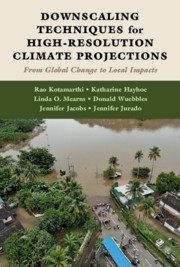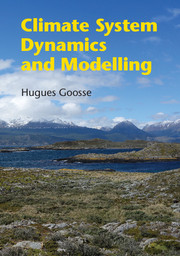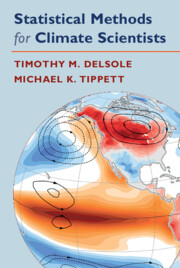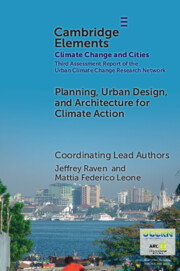Downscaling Techniques for High-Resolution Climate Projections
Downscaling is a widely used technique for translating information from large-scale climate models to the spatial and temporal scales needed to assess local and regional climate impacts, vulnerability, risk and resilience. This book is a comprehensive guide to the downscaling techniques used for climate data. A general introduction of the science of climate modeling is followed by a discussion of techniques, models and methodologies used for producing downscaled projections, and the advantages, disadvantages and uncertainties of each. The book provides detailed information on dynamic and statistical downscaling techniques in non-technical language, as well as recommendations for selecting suitable downscaled datasets for different applications. The use of downscaled climate data in national and international assessments is also discussed using global examples. This is a practical guide for graduate students and researchers working on climate impacts and adaptation, as well as for policy makers and practitioners interested in climate risk and resilience.
- Covers concepts, models and methodologies of downscaling in an easy-to-understand format and simple language
- Provides an overview of the current state-of-the art in climate modeling, giving the reader a starting point to understand the various models and data available and the process of evaluating each
- Examines climate modeling uncertainty at the general circulation model scale and its impact on the downscaled output, providing readers with a rational basis for understanding climate modeling uncertainty and how it should be accounted for in decision making
- Discusses the benefits and drawbacks of using different downscaling methods enabling the reader to select suitable methods for different applications
Product details
March 2021Adobe eBook Reader
9781108661188
0 pages
This ISBN is for an eBook version which is distributed on our behalf by a third party.
Table of Contents
- 1. Impacts, adaptation, vulnerability and decision making
- 2. Global climate models
- 3. Assessing climate change impacts at the regional scale
- 4. Dynamical downscaling
- 5. Empirical-statistical downscaling
- 6. Added value of downscaling
- 7. Uncertainty in future projections, and approaches for representing uncertainty
- 8. Guidance and recommendations for use of (downscaled) climate information
- 9. The future of regional downscaling
- Index.







